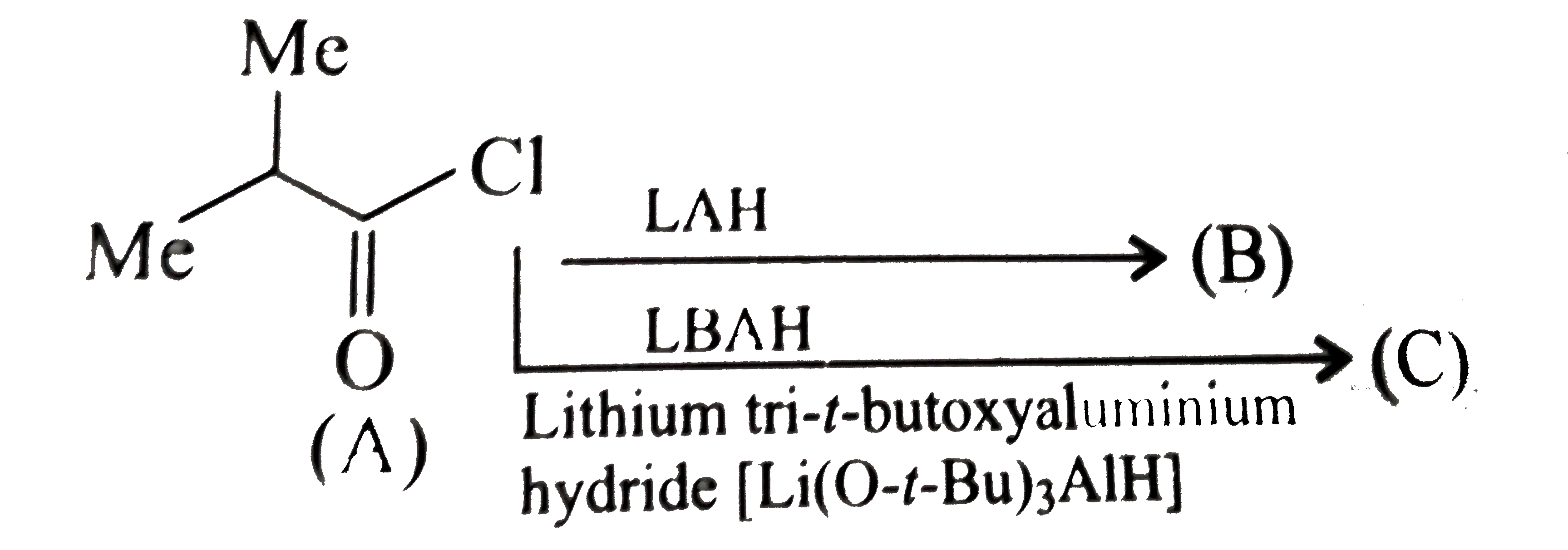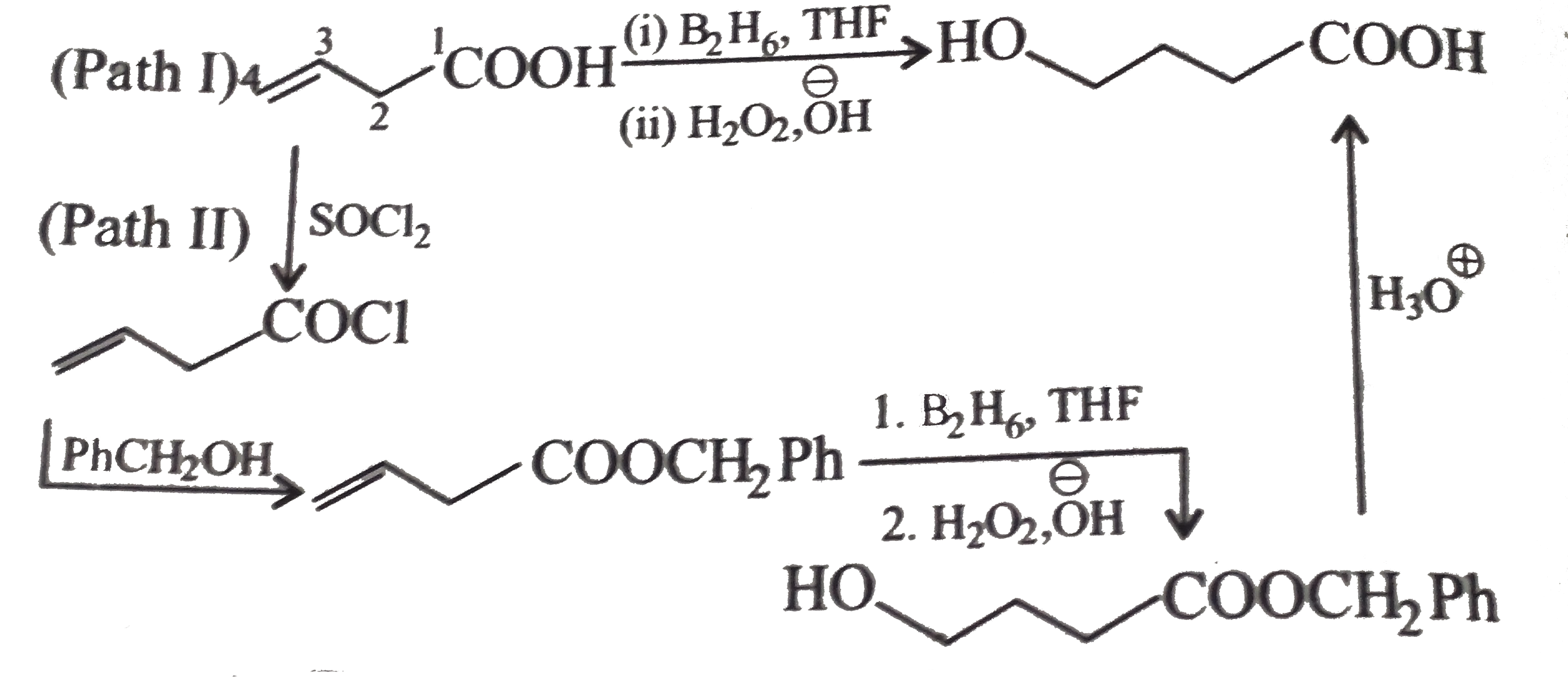Which of the following statements are correct about solid catalyst?
A
Same reactants may give different products by using different catalysysts.
B
Catalyst does not change of reaction.
C
Catalyst is required in large quantities to catalyse reaction
D
Catalytic aactivity of a solid catalyst does not depend upon the strength of chemisorption.
Video Solution
Text Solution
The correct Answer is:A, B
are correct stetements about solid catalyst.
|
Topper's Solved these Questions
- SURFACE CHEMISTRY BOOK - DINESH PUBLICATIONCHAPTER - SURFACE CHEMISTRY EXERCISE - N.C.E.R.T. IN-TEXT QUESTIONS
8 Videos
- SURFACE CHEMISTRY BOOK - DINESH PUBLICATIONCHAPTER - SURFACE CHEMISTRY EXERCISE - N.C.E.R.T. EXERCISE
1 Videos
- SOME BASIC CONCEPTS OF CHEMISTRYBOOK - DINESH PUBLICATIONCHAPTER - SOME BASIC CONCEPTS OF CHEMISTRYEXERCISE - ULTIMATE PREPARATORY PACKAGE
20 Videos
- THE CARBON FAMILYBOOK - DINESH PUBLICATIONCHAPTER - THE CARBON FAMILYEXERCISE - Ultimate
11 Videos
Similar Questions
Knowledge Check
Which of the following statements are correct about HCOOH
AIt is a stronger acid than CH3COOHBIt forms formyl chloride with PCl5CIt gives CO and H2O on heating with conc. H2SO4DIt reduces Tollens' reagent.Which of the following statements are correct about barbiturates ?
AHypnoties or sleep producing agentsBThese are tranquilizersCNon-narcotic analgesicsDPain reducing without disturbing the nervous system.Which of the following statements are correct about halr-period ?
AIt is proportional to intial concentration for zeroth orderBAverage life =1.44× half-life for first order reaction.CTiem of 75% comletion of reaction is thrice of halr-life (intial harl-life) period in second order reactionD99.9% reaction takes place in 100 minutes for the case when reate constant is 0.693−1min
Which of the following statements are correct about barbiturates ?
View SolutionWhich of the following statements are correct about the diamagnetic solids ?
View SolutionWhich of the following statements are correct about the following reaction ?

View SolutionWhich of the following statements are correct about the following reactions :
 .
.
View SolutionWhich of the following statements are correct about the following reaction

View Solution

 .
.